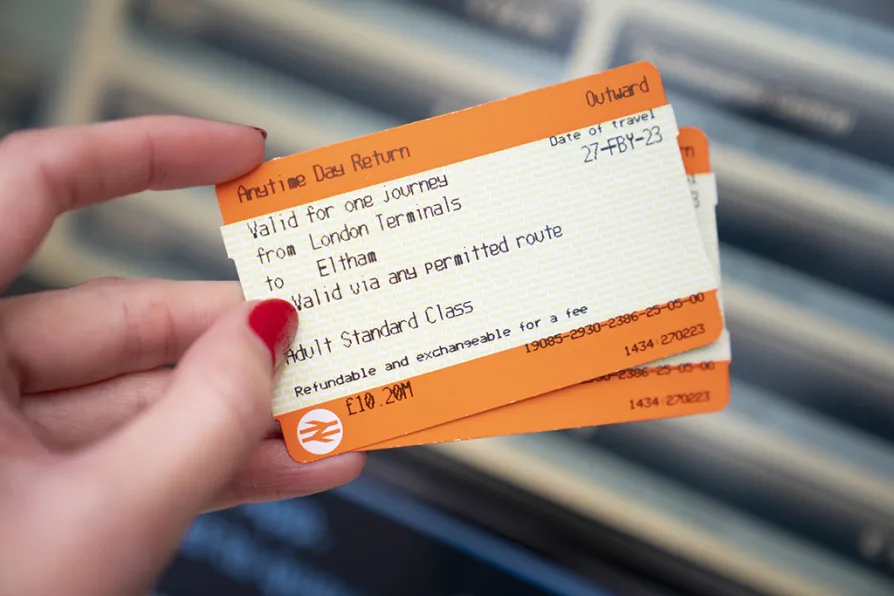UK train fares the highest in Europe, study finds


RAIL passengers in Britain are paying the highest train fares in Europe, 30 years on from privatisation, a new study has found.
Campaign group Transport & Environment (T&E) looked at the average costs of more than 8,000 advance tickets for second-class weekday travel across 27 different operators in Britain, the European Union countries and Switzerland.
It concluded that “travelling by rail in the UK is particularly costly,” amid “private monopolies” and high infrastructure costs.
Similar stories

British cross-border train fares far outstrip flights, ranking among Europe’s worst

But unions warn renationalisation must not be fudged












